A collaborative platform for paperless relicensing
This course starts by discussing the symptoms of dementia, including a decline in memory, thinking, and reasoning. You will learn that patients suffering from dementia have difficulty communicating, recognizing people and places, and engaging in activities. There is also a change in their personality, mood, and behavior. Alzheimer’s disease is progressive and irreversible and is the most common form of dementia. You will learn the importance of its early diagnosis and recognition of symptoms for proper care.
You will then look into Fronto-Temporal Dementia which is caused by reduced blood flow to parts of the brain, often due to tiny strokes which block small arteries. The course will also discuss the Lewy Body Dementia which is caused by the abnormal protein deposits called Lewy bodies that are left in the brain. You will also learn that caregivers - whether professionals or family members - must take steps to safeguard their own health and well-being when caring for people with dementia.
The number of people living with dementia worldwide is currently estimated at 47.5 million, and is projected to increase to 75.6 million by 2030. If you are formally employed in the caregiving industry, or simply provide care to an elderly relative or loved one, you will more than likely encounter dementia at some stage. By taking this course, you will learn how to properly care for these people. That's an incredible skill to learn. So why wait? Check out your next course, today.
| Duration : 01:30:00 hours |
| Content provider : Accrecent |
| Date launched at CMEPEDIA : September 27, 2025 |
| Expiry date of course : November 27, 2025 |
| Module size : 0.02MB |
| Price : ₹0.00 - ₹440.00 |
| Category | Accreditor | Credits | Accreditation details |
|---|---|---|---|
| Pharmacist |
ABC Medicals |
50 ABCM | dfgdgdfgd |
By the end of this module, learners will be able to:
Understand the impact of dementia on memory, behavior, and communication.
Apply effective communication techniques when interacting with clients with dementia.
Identify and manage common behavioral challenges, such as agitation, wandering, or confusion.
Promote person-centered care that respects the client's dignity, preferences, and independence.
Create a safe and supportive environment tailored to the needs of individuals with dementia.
Recognize the importance of routine and consistency in reducing anxiety and confusion for clients.






₹0.00 - ₹330.00

₹121.00 - ₹451.00
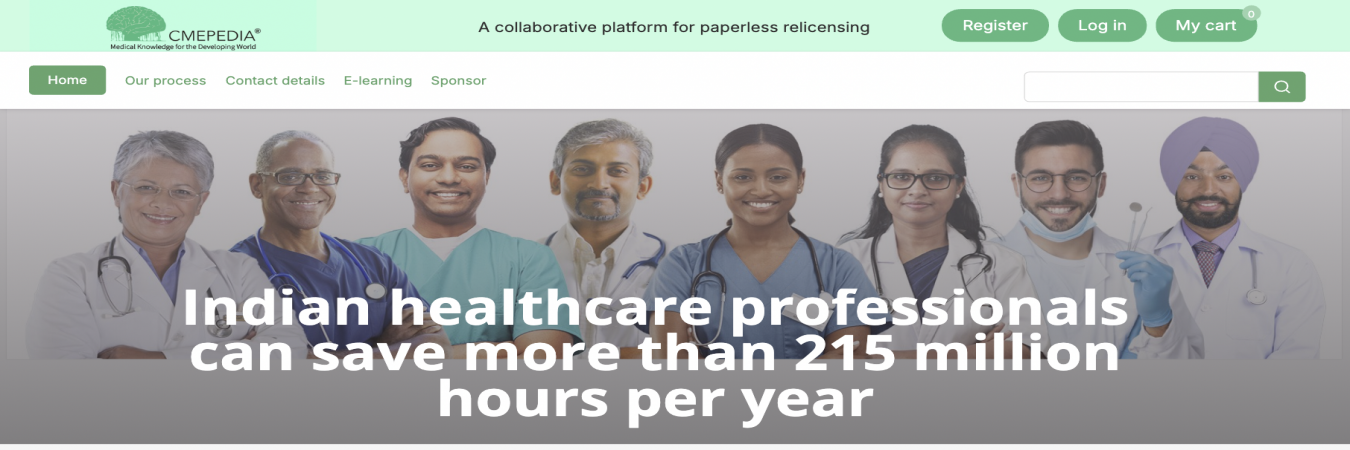
₹0.00 - ₹330.00

₹0.00 - ₹440.00
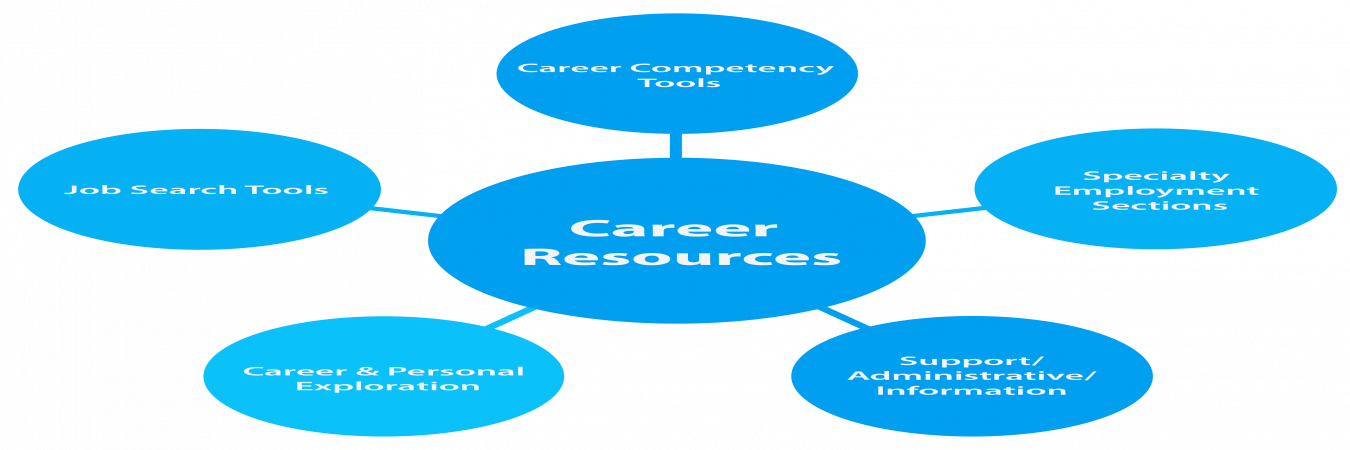
₹0.00 - ₹330.00
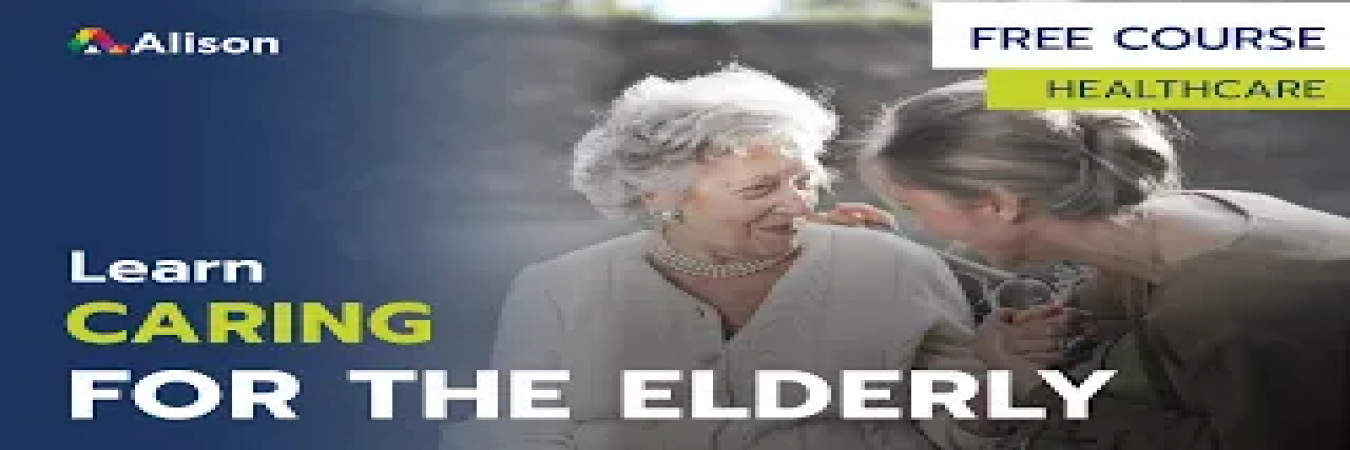
₹0.00 - ₹440.00

₹0.00 - ₹330.00

₹0.00 - ₹330.00
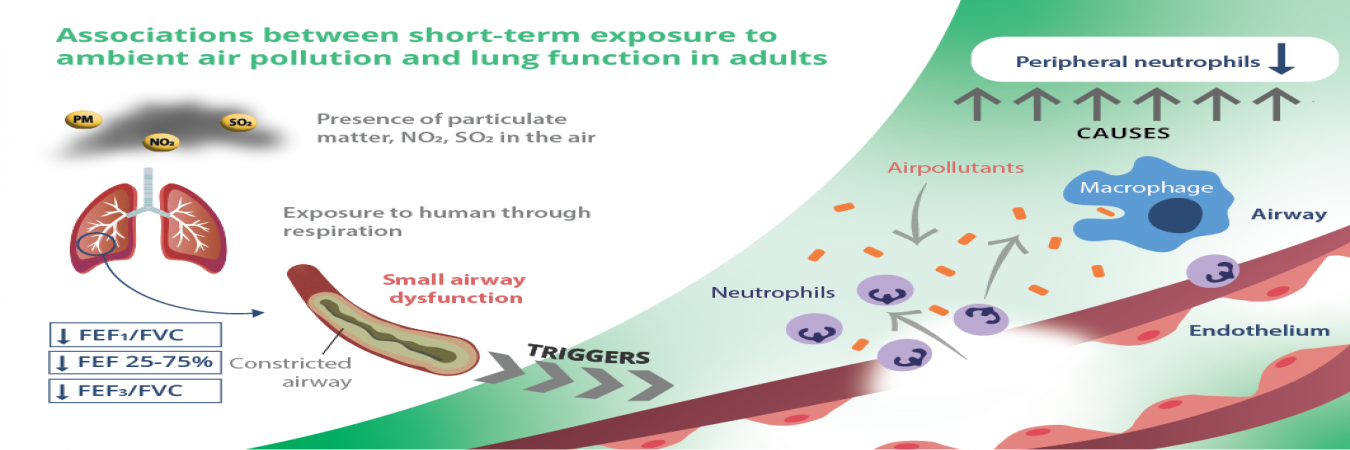
₹0.00 - ₹330.00

₹0.00 - ₹330.00

₹0.00 - ₹330.00
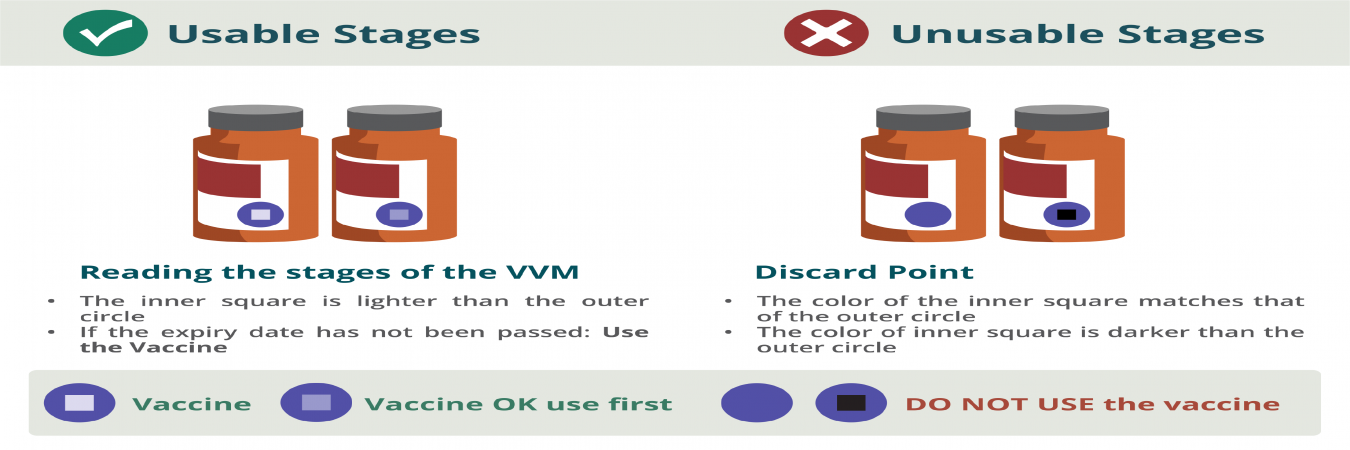
₹451.00 - ₹2651.00

₹0.00 - ₹330.00
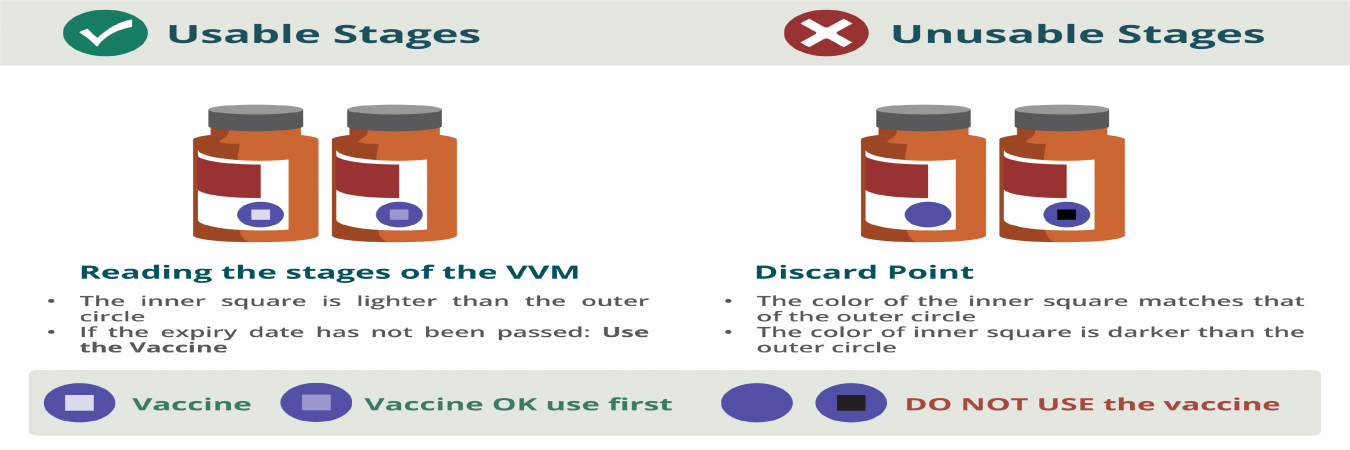
₹0.00 - ₹330.00
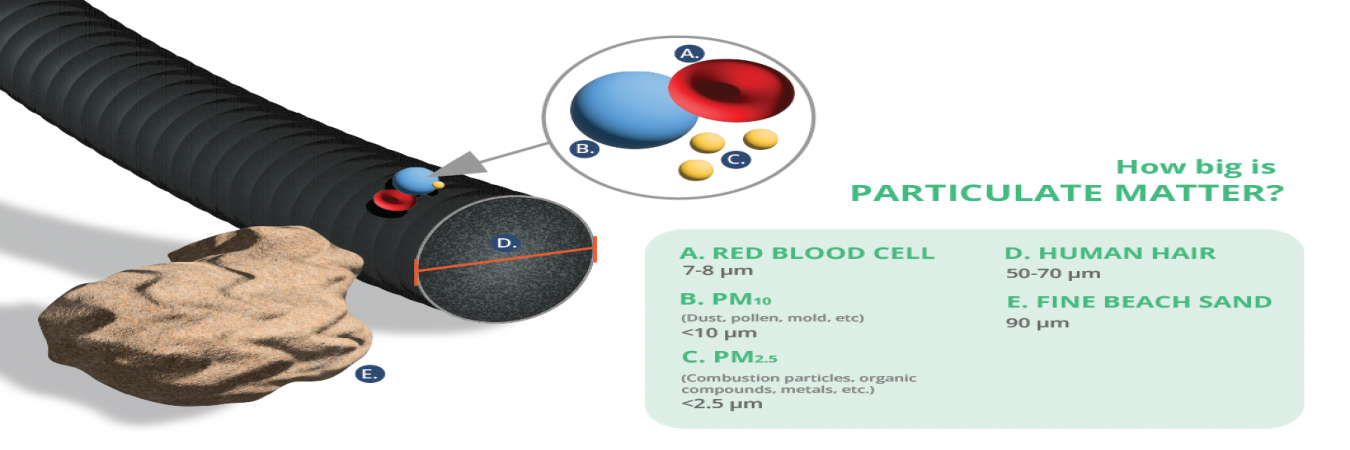
₹0.00 - ₹330.00

₹0.00 - ₹330.00
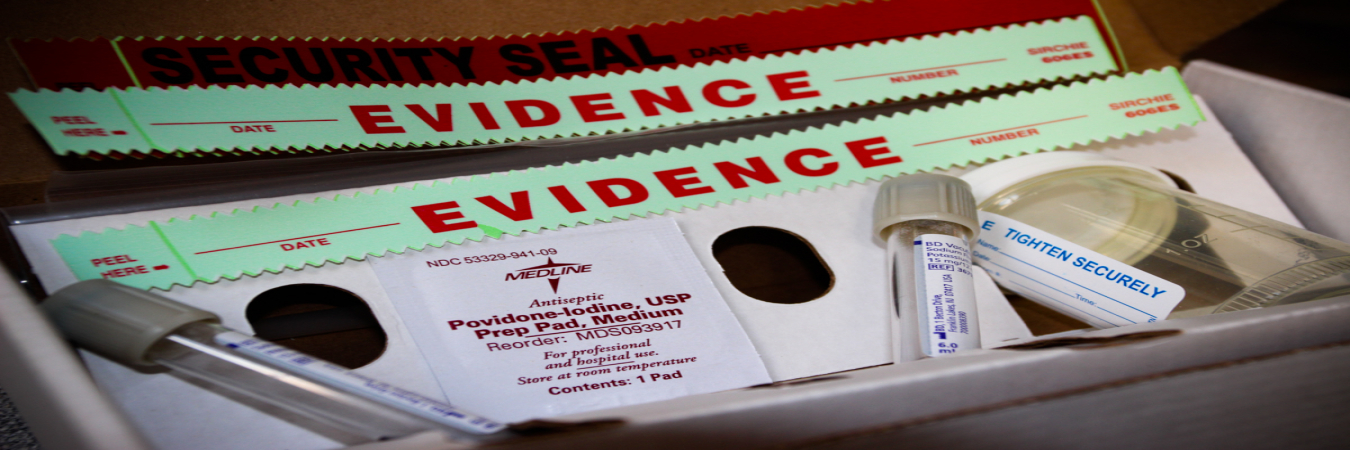
₹0.00 - ₹330.00

₹0.00 - ₹330.00
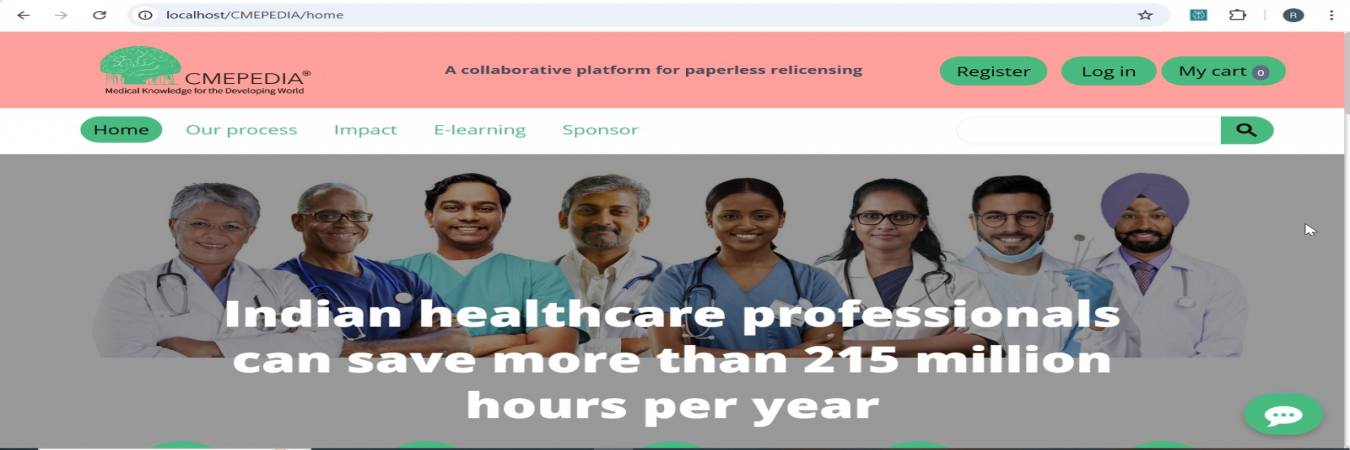
₹0.00 - ₹330.00

₹0.00 - ₹330.00

₹0.00 - ₹330.00
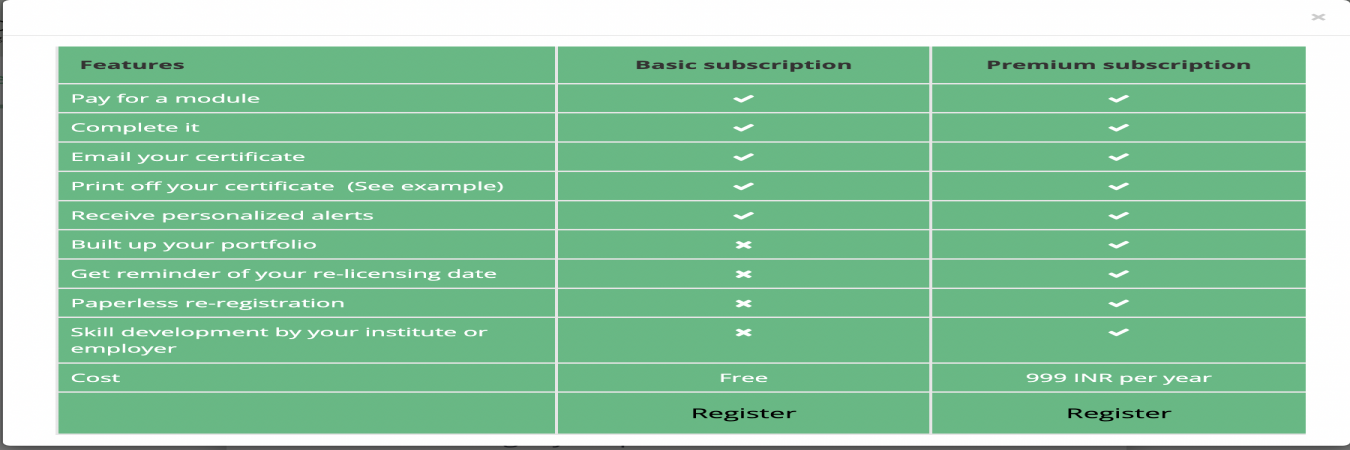
₹0.00 - ₹330.00
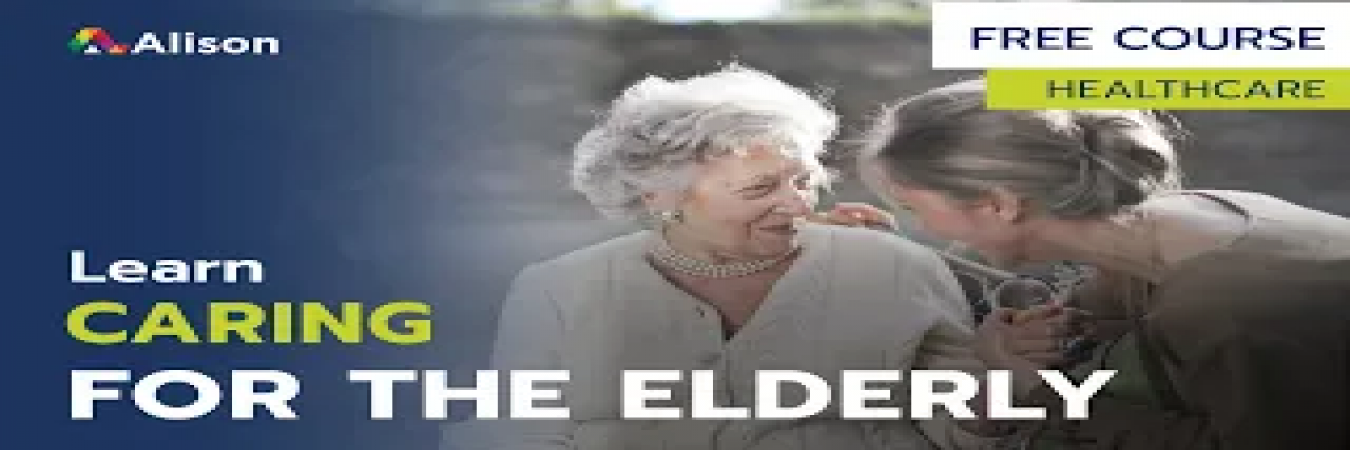
₹0.00 - ₹440.00